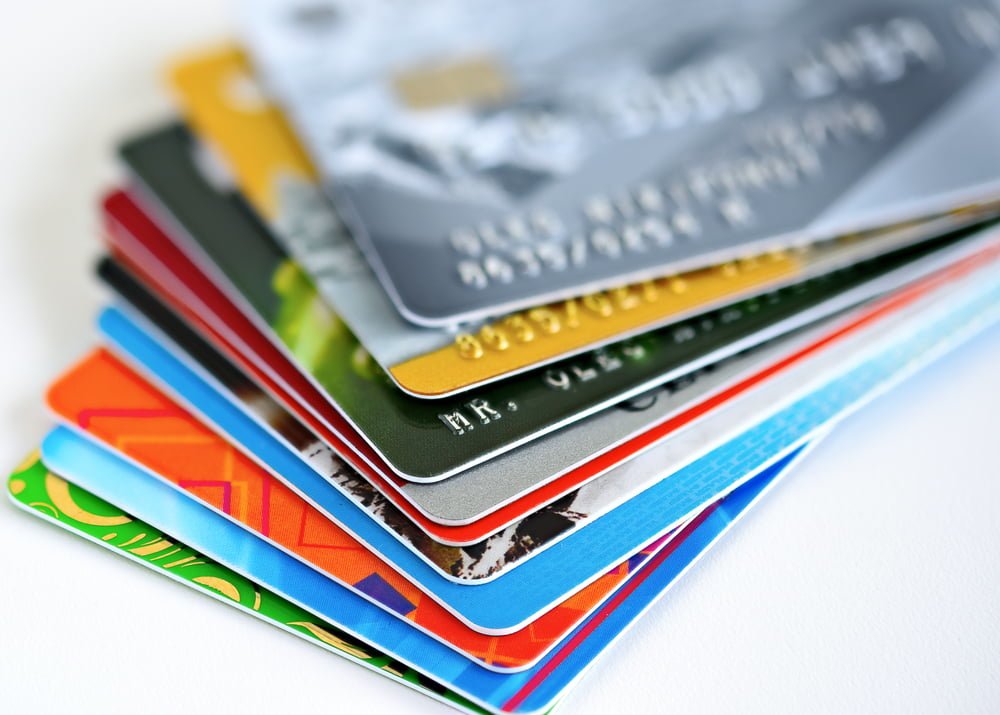China’s Trade War Over the Plastic in Your Wallet
Beijing’s latest effort “to cripple America’s economy”
By Curtis Ellis
You need to literally look no further than your wallet to see China’s unfair, unbalanced and predatory trade practices at work. Your wallet likely has a credit card in it, and credit cards are the latest front in China’s war to cripple America’s economy.
Beijing is using the same tactics in the financial services industry that it used to grab a commanding global market share in the hard industries of steel, aluminum, automobiles and electronics.
Lest we forget, the know-nothing experts who willingly surrendered our manufacturing industries to the Red superpower told us not to worry because America’s future would be in financial services, a sector the U.S. would always dominate.
These “experts” apparently expected the U.S. to follow in the footsteps of Great Britain. Once the world’s pre-eminent manufacturer, Britain’s fading power now resides in the City of London, home to its merchant (investment) banks.
Beijing didn’t get the memo, and now it is out to take over the financial service sector just as it has manufacturing.
Back to those cards in your wallet:
The largest credit card company in the world is not Visa, MasterCard or American Express. It’s China UnionPay.
You probably never heard of it –infact it didn’t exist 16 years ago – but China UnionPay has issued 1 billion more cards than Mastercard and Visa combined and has 56 percent of the credit card global market.
How did it get there? The same way other Chinese industries have leaped to the front of the pack – with a little help from its friends in Beijing’s Communist regime (a lot, actually).
Just as it constructed a Great Wall of Tariffs decades ago to keep American products out, China has banned citizens living on the mainland from obtaining U.S. credit cards such as Visa, MasterCard, and American Express. Foreigners trying to use those cards in China can also find it tough.
China UnionPay has a monopoly on credit cards in mainland China, and it’s using that monopoly position to extend its power abroad.
China UnionPay cards can be used in more than 168 countries around the world. More stores in the U.S. accept the Chinese card than American Express, and 2 million ATMs across our country will issue money to China cardholders.
There is also a geographical dimension to the growth of China UnionPay. When Visa and MasterCard blocked the accounts of cardholders with Russian banks hit by U.S. sanctions following the invasion of Ukraine, Russia turned to China UnionPay.
The card in your wallet is a victim of China’s rigged system of trade. While the U.S. is wide open to Chinese products, services and investment, China closes its markets to Americans using a combination of import taxes, shotgun marriages to Chinese partners (who end up stealing the family jewels), forced technology transfers and an outright ban on foreigners.
Many of the same geniuses who told us welcoming China into the “rules-based international trade system” would be a huge boon to American workers and businesses now insist the administration should rely on the World Trade Organization, WTO, to resolve our disputes with China.
Here’s a newsflash: In 2012, the WTO told China to open its market to U.S. credit card companies. Beijing did nothing of the sort, and in response, for the past six years, the WTO has done … nothing.
President Trump is more WWF than WTO.
He’s taken things into our own hands and is relying on America First to get the job done.
The Trump administration’s tariffs hit China where it hurts – in the wallet.
It can hit China’s wallet literally by banning the China UnionPay card in the U.S.
